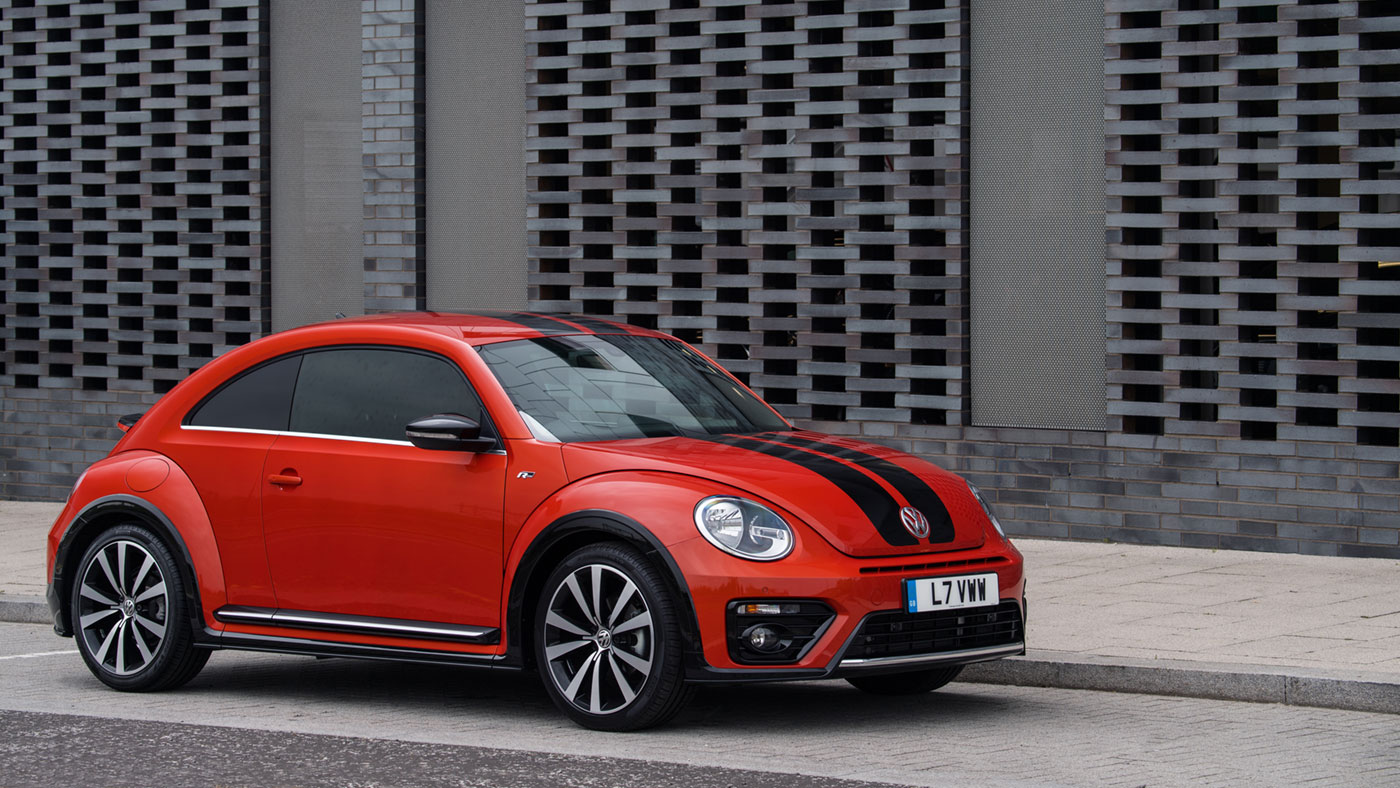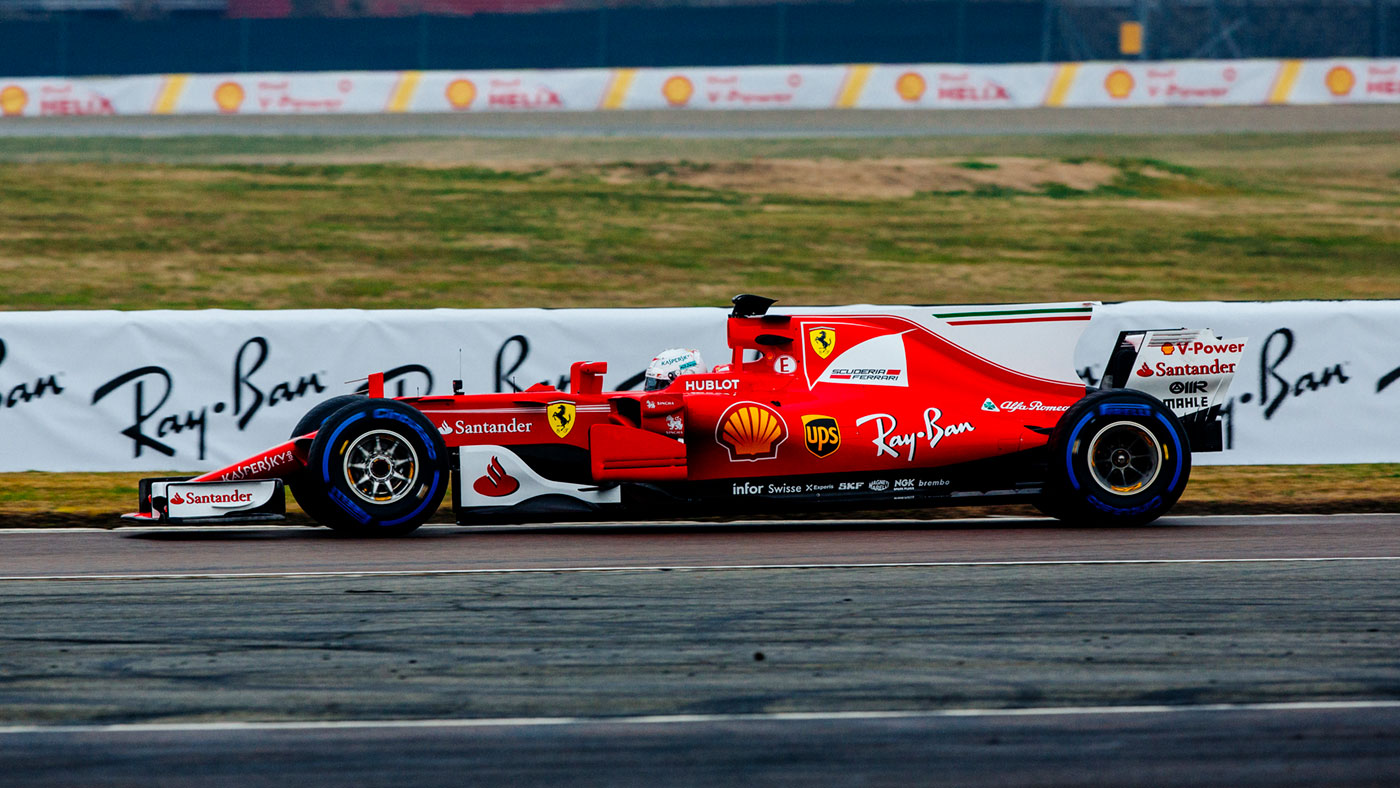J Mays: The resonance of good car design
Car designers today are on autopilot and need to rediscover lasting appeal, says Ford's former creative chief and current Disney car creator

A free daily email with the biggest news stories of the day – and the best features from TheWeek.com
You are now subscribed
Your newsletter sign-up was successful
I wouldn't say it was laziness, more expediency on the part of car companies, but I reckon maybe just five per cent of all cars on the road now are really competent designs. Everything else is a mish-mash of copies. Car companies have to work very quickly now, and while designs have to be true to the brands, it's important they still differentiate themselves. It's a message with which I daily brow-beat car design students.
Why? Because that's how cars become meaningful to drivers. They have to have resonance – and to more people than just the designer. There are designers out there doing great work, at Jaguar Land Rover, at Aston Martin. But what I'd like to see more of is a much simpler design language – that's how you get cars that still look good 15 years down the line. Even if we're encouraged to get a new car more frequently now, cars designed today will still be on the road in 15 years. They're visually polluting.
Cars that tell a story, that allow us to relate to them, are more and more important now. But it doesn't work when everyone is doing the same thing. If everyone is going left, that's when it's time to go right. There was a time when I was typecast for only doing 'retro' cars, but I got out of that when everyone started doing it. A lot of movies are made from old TV shows and some are funny, but some weren't even funny when they were on television.
The Week
Escape your echo chamber. Get the facts behind the news, plus analysis from multiple perspectives.

Sign up for The Week's Free Newsletters
From our morning news briefing to a weekly Good News Newsletter, get the best of The Week delivered directly to your inbox.
From our morning news briefing to a weekly Good News Newsletter, get the best of The Week delivered directly to your inbox.

A friend of mine, the auto designer Freeman Thomas, who's a real petrol-head, once joked that I was a car designer who only has a mild interest in cars, and in a way he was right. I love muscle cars, but I'm really driven by design first. It's why I'm not concerned about the future of the car, as being electric or autonomous. I think it's really exciting. People say it means cars won't be interesting any more, but there's loads of room to still create emotional content there, even if cars become more a 'mobility service'.
Never mind the likes of Ford, you need that content even in cars made for Disney. Strangely, the time it takes to make an animated film is roughly the same amount as it takes to put out a car – about three-and-a-half years. And the design process – the reviews, the changes – is very similar too. But you have so much more leeway when designing a car for a pig or a sloth – there are no engine restraints. I sometimes find myself saying 'if only I could get that animated car onto the street'. But it probably wouldn't do so well there.
J MAYS is considered one of the most influential car designers of his generation, having been chief creative officer at Ford for 16 years. Over his career he shaped the look of the Audi TT, the new Beetle, new Thunderbird and new Mustang, among others. He now works a designer outside the auto industry – excluding, that is, cars he creates for Disney. Mays designed the vehicles in Zootopia and the Cars series – including the forthcoming Cars 3. He is the judge of the concours d’elegance at July’s Heveningham Concours. heveninghamconcours.com
A free daily email with the biggest news stories of the day – and the best features from TheWeek.com
-
 How the FCC’s ‘equal time’ rule works
How the FCC’s ‘equal time’ rule worksIn the Spotlight The law is at the heart of the Colbert-CBS conflict
-
 What is the endgame in the DHS shutdown?
What is the endgame in the DHS shutdown?Today’s Big Question Democrats want to rein in ICE’s immigration crackdown
-
 ‘Poor time management isn’t just an inconvenience’
‘Poor time management isn’t just an inconvenience’Instant Opinion Opinion, comment and editorials of the day